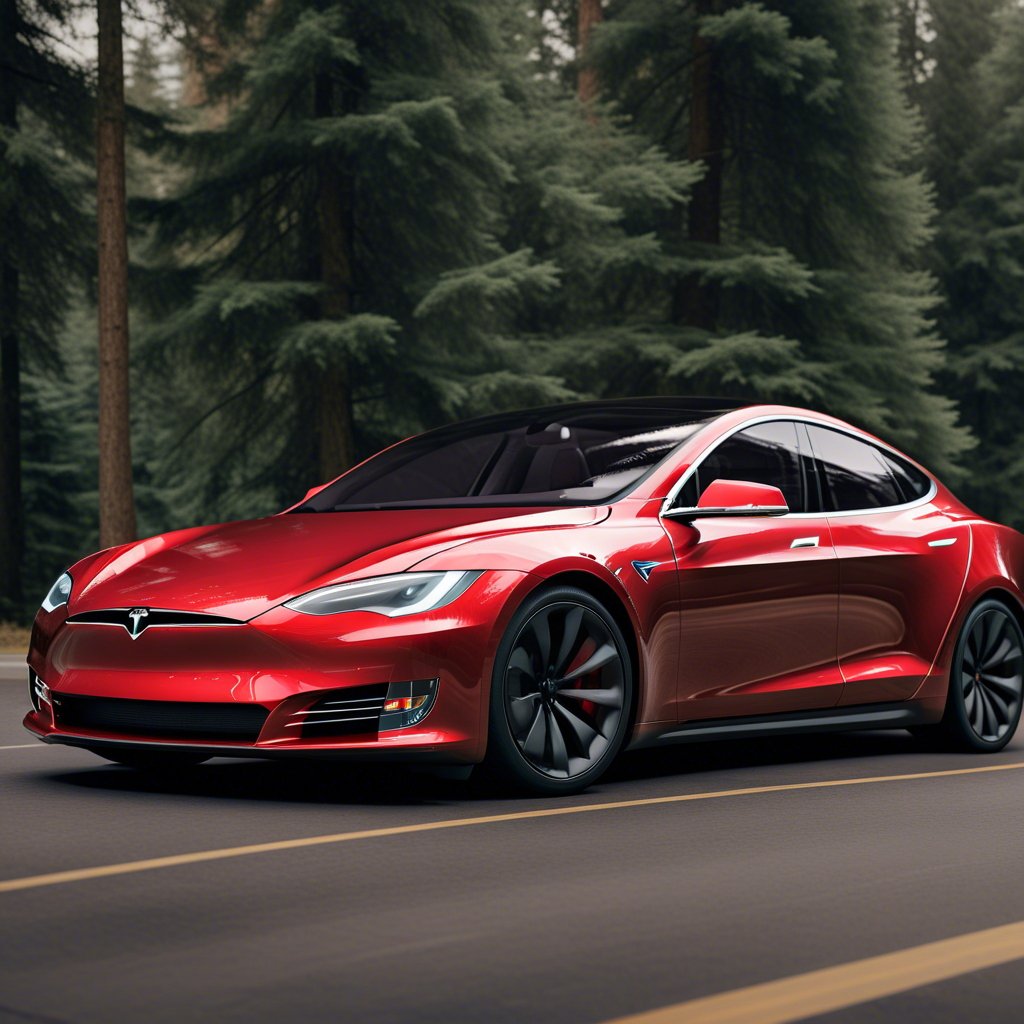The transportation industry is on the cusp of a revolution, and electric vehicles (EVs) are leading the charge. With the world shifting towards a more sustainable and environmentally-friendly future, EVs are becoming increasingly popular, and it’s not hard to see why. In this article, we’ll explore the future of transportation and how electric vehicles are changing the game.
The Rise of Electric Vehicles
In recent years, electric vehicles have gone from being a niche product to a mainstream phenomenon. With governments around the world implementing policies to encourage the adoption of EVs, manufacturers are investing heavily in electric vehicle technology. The result is a wide range of EV models available in the market, from affordable compact cars to luxury SUVs.
Benefits of Electric Vehicles
So, what makes electric vehicles so attractive? Here are some of the benefits:
- Zero Emissions: Electric vehicles produce zero tailpipe emissions, reducing greenhouse gas emissions and air pollution in urban areas.
- Lower Operating Costs: EVs are generally cheaper to run than gasoline-powered cars, with lower fuel costs and reduced maintenance needs.
- Improved Performance: Electric vehicles have excellent acceleration and smooth, quiet operation.
- Government Incentives: Many governments offer incentives, such as tax credits or rebates, to encourage the adoption of EVs.
Challenges Facing Electric Vehicles
While electric vehicles have many benefits, there are still some challenges to overcome:
- Range Anxiety: One of the biggest concerns for EV owners is range anxiety, the fear of running out of charge before reaching a charging station.
- Charging Infrastructure: While charging infrastructure is improving, it still lags behind the number of gas stations.
- Higher Upfront Costs: Electric vehicles are often more expensive than gasoline-powered cars, although their lower operating costs can make up for this over time.
The Future of Electric Vehicles
Despite these challenges, the future of electric vehicles looks bright. Here are some trends to watch:
- Increased Range: Manufacturers are working to increase the range of EVs, with some models already offering over 300 miles on a single charge.
- Improved Charging Infrastructure: Governments and companies are investing in charging infrastructure, making it easier for EV owners to charge their vehicles on the go.
- Decreasing Costs: As production volumes increase, the cost of EVs is decreasing, making them more competitive with gasoline-powered cars.
- Autonomous Vehicles: Electric vehicles are also at the forefront of autonomous vehicle technology, with many manufacturers testing self-driving EVs.
Companies Leading the Charge
Several companies are leading the charge in the electric vehicle market:
- Tesla: Tesla is one of the pioneers of the electric vehicle industry, with a range of models that have become synonymous with EVs.
- Nissan: Nissan is another company that has invested heavily in electric vehicle technology, with its Leaf model being one of the best-selling EVs of all time.
- Volkswagen: Volkswagen is making a significant push into the electric vehicle market, with plans to launch a range of EV models in the coming years.
- Hyundai/Kia: Hyundai and Kia are also investing in electric vehicle technology, with several models already available in the market.
Conclusion
The future of transportation is electric, and it’s clear that electric vehicles are changing the game. With their zero emissions, lower operating costs, and improved performance, EVs are becoming increasingly popular. While there are still challenges to overcome, the trends suggest that EVs will continue to grow in popularity, leading to a more sustainable and environmentally-friendly transportation industry.


